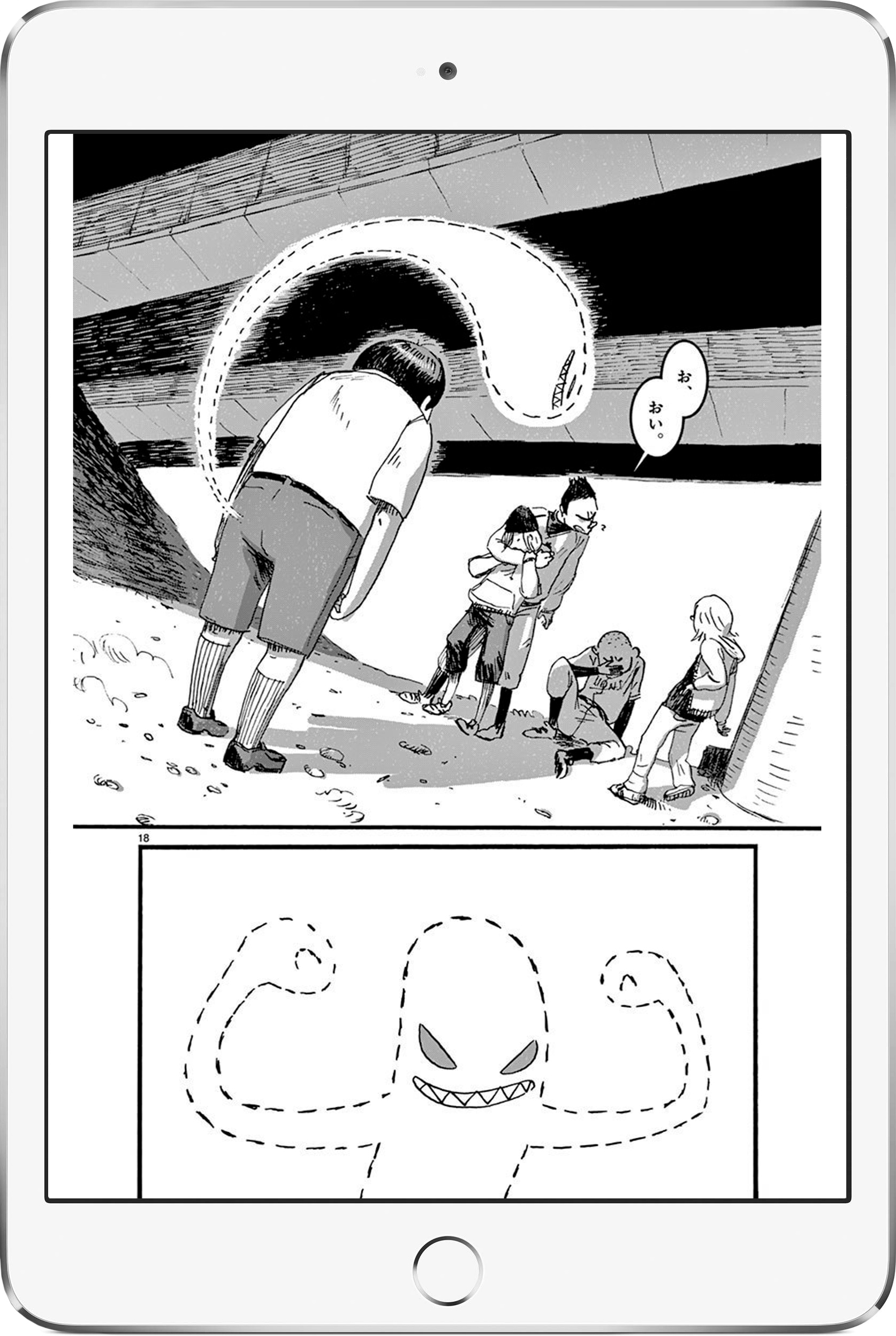transdisciplinary comic studies (etc)
post-digital manga and testimonial comic
_ disciplines
Manga and anime studios
Testimonial comics
Mangaesque aesthetics
Infographics, editorial
_development and execution
transdiciplinary comic studies (etc)
post-digital manga and testimonial comic
This ministerial research project (ref. PID2019-108898GA-I00) is based on two fundamental axes: postdigital manga and feminist testimonial comics. Firstly, the study on the concept of "postdigital manga" involves an approach to this graphic medium from the perspective of Media Ecology. Secondly, this project also analyzes the relevance of the "testimonial comic" as a vehicle for social empathy. This study focuses on the capacity and suitability of the comic medium to connect empathetically with the reader, and thus serve as a channel for the transmission of social values.
_approach
Media Ecology explores how different artistic, social and cultural media change (and change us) over time. Thus, this study attempts to analyze how the contemporary manga production system, in constant evolution due to the advent of online serial publications, the gamification of the reading experience, the use of virtual reality (VR) for the recreation of scenarios and even the irruption of image generation by means of AI (artificial intelligence), can transform the formal characteristics of manga that until now were considered defining features and an essential part of this graphic medium. On the other hand, due to its peculiar paralinguistic elements, structure and flexible speed of consumption, comics allow establishing a different relationship with the reader compared to other media (such as literature or cinema/audiovisuals). This peculiarity has turned the testimony comic into an ideal medium for denunciation stories -abuse and/or illness- as well as for the transmission of values on feminism, social inclusion, respect for immigrants, LGTBIQ rights, etc.

_topics
In this project the concept of "postdigital" is understood after the industrial, technological and cultural changes brought about by digitization, and therefore postdigital comics are postdigital in the sense that the digital no longer poses a new and revolutionary technology and mentality, but has become normalized and internalized in everyday life. Postdigital as a concept describes certain contemporary modes of production and distribution, but also a set of specific cultural and aesthetic practices that have emerged in the last two decades. At the same time, and from a formal perspective, the potential of manga for empathic connection and transmission of social values has been analyzed by making use of the strategy of caricaturization, following the theories of Ōtsuka (2003) Nagaike (2020). In addition to the publication of some academic articles and book chapters, an international symposium was organized in which not only members of the research team and project team, but also experts from universities in Asia and the United States participated, delving into topical aspects of manga (and the notion of the post-digital referred to above), including the role of international adaptations -in a transnational medium and a more global publishing industry-, the inclusion of virtual reality, the generation of images through AI, the rise of webtoons and the transformations in the distribution of the page and the use of vignettes, the reelaborations due to digital versions, or the irruption of participatory culture and the tokenization of comics, among other topics. This meeting has resulted in a publication (as detailed in section D of this report) that will be published in Spanish and English (in open-access format) in the coming months.



Due to its peculiar paralinguistic elements, structure and flexible speed of consumption, the comic allows establishing a different relationship with the reader compared to other media (such as literature or cinema/audiovisual), especially thanks to the combination of explicit and implicit elements (suggested narration). With this, the comic allows to reach a greater understanding of the message of the work through the construction of empathy and thus promote the assimilation of social values.
